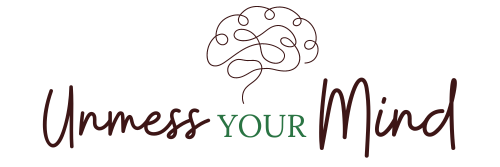Some insights don’t give you an immediate life hack—but they can change how you understand yourself forever. Today, I want to share one of those insights. It’s not a quick tip or a 3-minute skill to practice at home. It’s more of a foundational piece of information that I genuinely wish everyone in the world knew.
Let’s talk about memory. Not just in the way we usually think of it, but in the two powerful forms it takes: explicit and implicit memory.
What Are Explicit Memories?
These are the memories we’re aware we’re recalling. Think of them as the facts and experiences we can consciously access:
- What you did last weekend.
- The show you watched last night.
- The fact that George Washington was the first U.S. president.
These are autobiographical or factual memories. When you’re tapping into them, you know you’re remembering something. There’s a sense of mental time travel—you can almost see or feel yourself going back to a specific moment or retrieving a known fact.
What Are Implicit Memories?
This is where it gets fascinating. Implicit memory is often described as part of the subconscious. These are memories you don’t realize you’re having—because you don’t feel like you’re remembering. Instead, it just feels like now.
A great example? Simply sitting in a chair.
At first, that might not sound like a memory at all. But think about it: you didn’t have to consciously remember how to sit down. Your body just knew. That’s implicit memory at work. It stores procedural knowledge (like riding a bike), but also emotional memory—how it feels to be in certain situations, often rooted in past experiences.
The tricky part is that when an implicit memory is triggered, we often respond as if it’s happening now. That can mean feeling anxious, upset, or tense—without really knowing why. We’re not just recalling a past experience; we’re reliving it in the body.
Why Does This Matter?
Understanding implicit memory is incredibly important for mental health and emotional healing. Sometimes, our reactions aren’t about what’s happening in the present moment—they’re tied to an implicit memory. Recognizing this can help us bring curiosity and compassion to our responses, rather than judgment.
It’s not always about fixing something right away. Sometimes, it’s about understanding where our experiences come from—so we can begin to shift them. As you begin to notice yourself having emotional and/or physical responses to certain things in the world, you can begin to pause, analyze where that reaction could be coming from, and then decide to reframe that implicit memory so that you don’t react in maladaptive ways.
This might not be something you use in your day-to-day life immediately. But knowing it’s there? That’s powerful.
Do you need help identifying implicit memories which may be holding you back? Contact me to set up a free call about working together. I see clients in my office in Norwood, MA (Boston area) or online!
